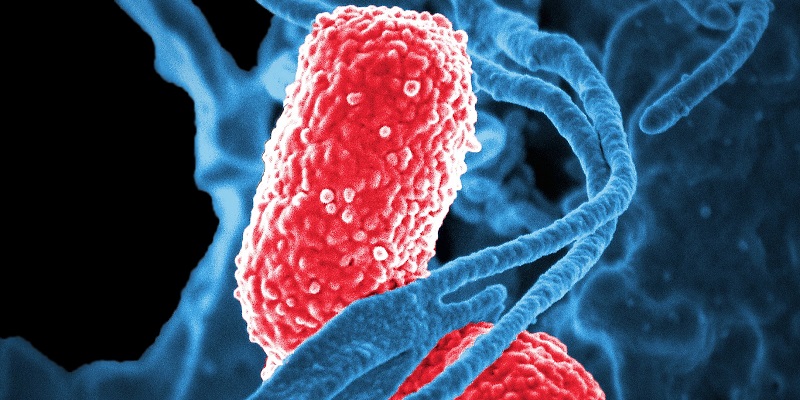

About Microbiology and Immunology
UBC Microbiology and Immunology is a leading centre for the study of bacteria, fungi and viruses--and their roles in human health and disease, agriculture, natural ecosystems, energy and sustainability. The department is known for its work in the human microbiome and immune system and how they affect human health, including warding off infection, cancers, or autoimmune diseases. You'll build foundational knowledge in microbiology and immunology and develop the expert knowledge and skills required to work in a range of relevant fields.
Program Details
UBC's program allows you to take a wide range of courses within the field, or focus on areas like biotechnology, bioinformatics, molecular microbiology, environmental microbiology, bioinformatics, immunology, virology, or pathogenic microbiology. You'll study in a variety of new facilities, including the Life Sciences Teaching and Learning labs, the Life Sciences Institute, and the Michael Smith Laboratories. There's a strong emphasis on lab work and undergraduate research.
Skills
- Application of logical and systematic thought processes to understanding the structure and functioning of human, animal and plant tissues and cells
- Quantitative and qualitative research and data analysis
- Analytical method development or validation (QA/QC), ensuring compliance with safety regulations
- Project management and experimental design
- Critical analysis of current microbiological and immunological literature and report writing
- Usage of laboratory techniques, such as aseptic technique, staining, plasmid isolation, cloning and screening, western blots, PCR, ELISA, gel electrophoresis, and microscopy
- Usage of technical instruments, like spectrophotometers, light and fluorescent microscopes, and thermocyclers
Specializations offered
- Major or Honours, Microbiology and Immunology
- Combined Major or Combined Honours, Computer Science and Microbiology and Immunology
- Biotechnology in Microbiology and Immunology
- Co-op




